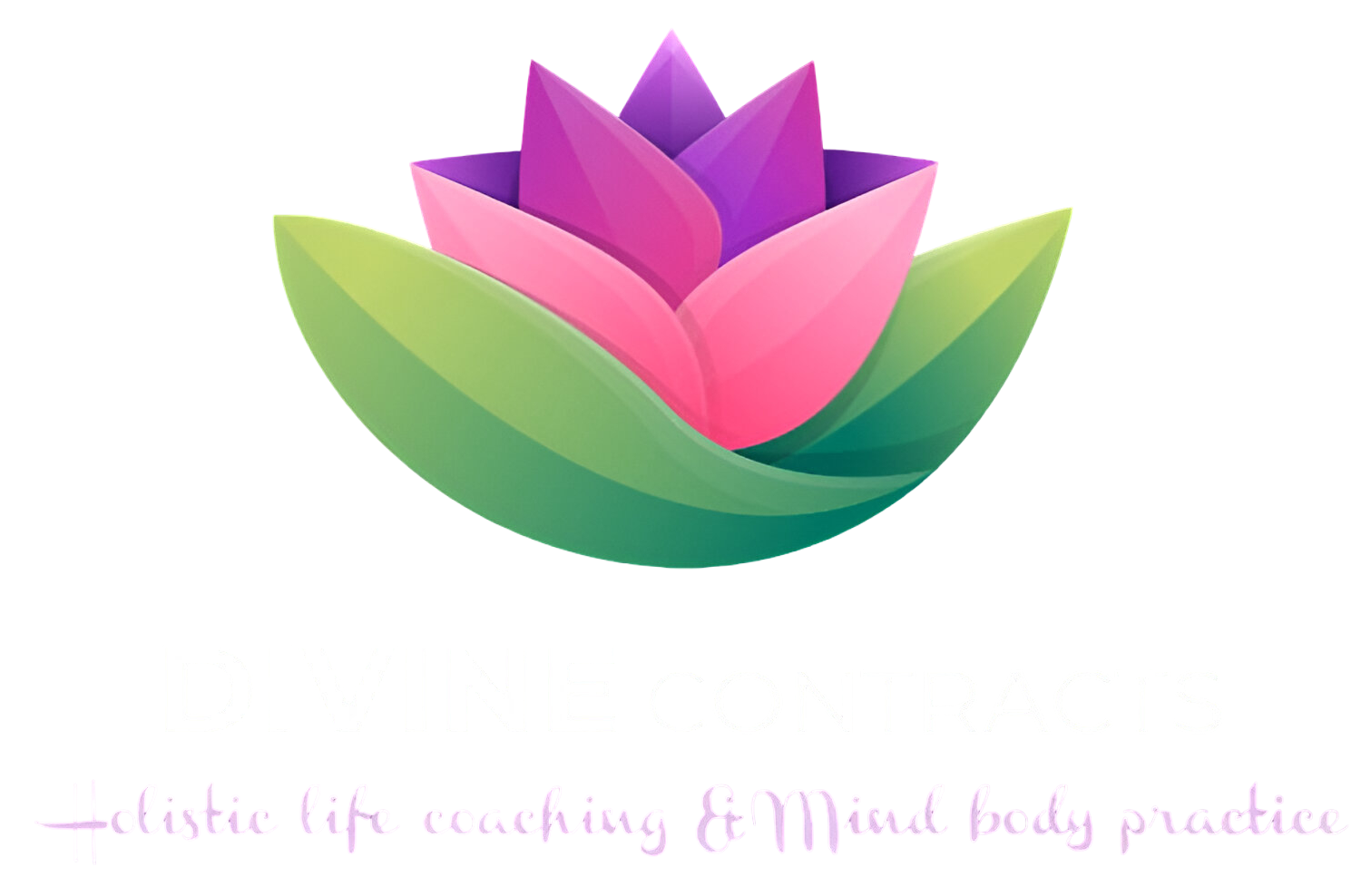Heads or tails?
Life is sometimes a blessing, sometimes a disaster. But when things go right, we’re quick to take the credit. And when things fall apart, we just as quickly point fingers at others. Sound familiar?
It’s natural to feel that way. After all, life isn’t always just about what we do. What we experience is often influenced by the people around us. But here’s where it gets tricky: when we’re riding high, we feel proud. We say, “I worked hard for this,” “I earned it,” “It’s all because of me.” Yet, the moment something goes wrong, we start looking outside ourselves. “It’s because of them,” “They didn’t support me,” “They ruined it.”
Why do we do this?
It starts early. Think back to your childhood. Remember playing games with your family? Sometimes, just to protect our fragile hearts, our parents or elders would “lose” on purpose so we could win. We’d feel proud, believing we won on our own merit, while they quietly stepped aside to lift us up.
Or when we tripped and fell, what did our loved ones do? They’d scold the floor: “Bad floor! Why did you hurt my child?” We laughed, felt comforted, and accepted the idea that something else was at fault.
Over time, this pattern repeats, subtly training our minds. Success is ours to own. Failure is someone else’s fault. This mindset grows with us. Into our relationships. Our careers. Our day-to-day decisions. When something clicks, we claim the victory. When it doesn’t, we search for someone or something to blame. “Heads, I win. Tails, you lose.”
But life isn’t a one-sided coin. What if we started owning both sides — the wins and the losses? What if we stopped outsourcing blame and instead took full ownership of our lives? It doesn’t mean being hard on ourselves. It means being honest. It means seeing clearly how our choices, actions, and reactions shape our journey, not just when it’s convenient.
So the next time you’re celebrating a win or facing a setback, pause and ask: “What was my role in this?” Because the truth is: Heads or tails — you made it.
Think of a recent challenge or failure. Did you find yourself blaming someone else? If so, what part of it could you take ownership of instead?


